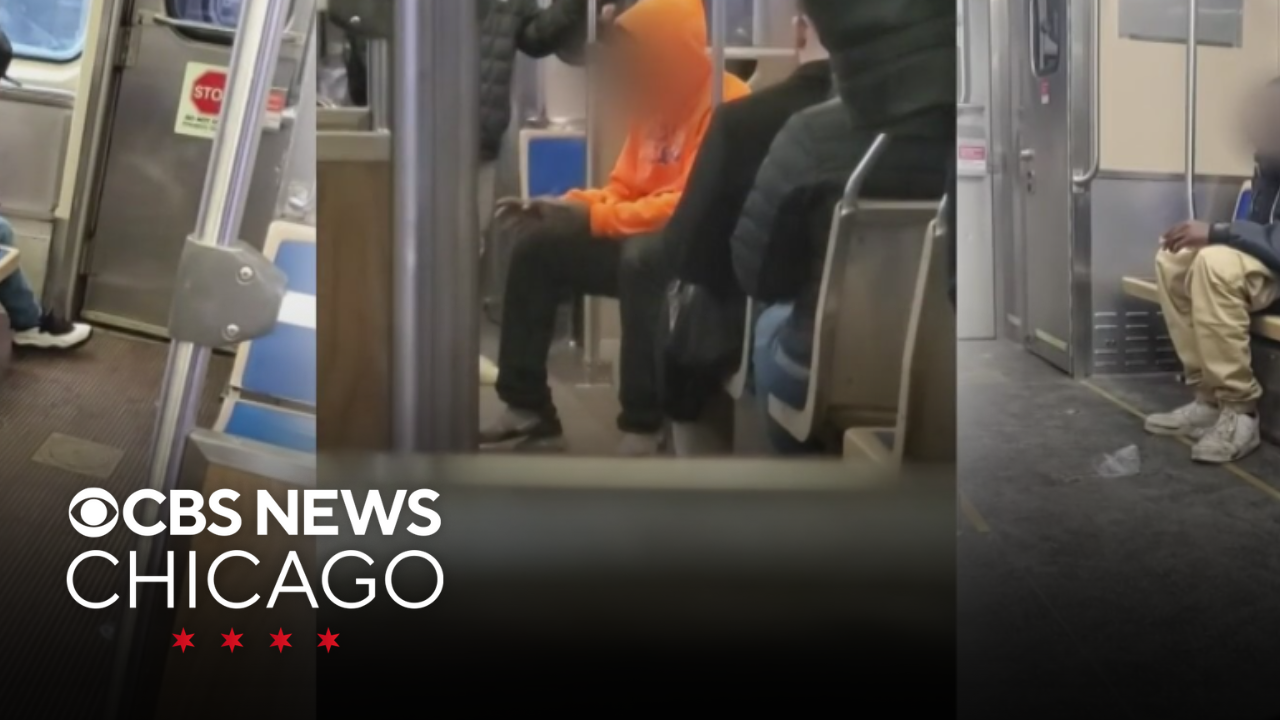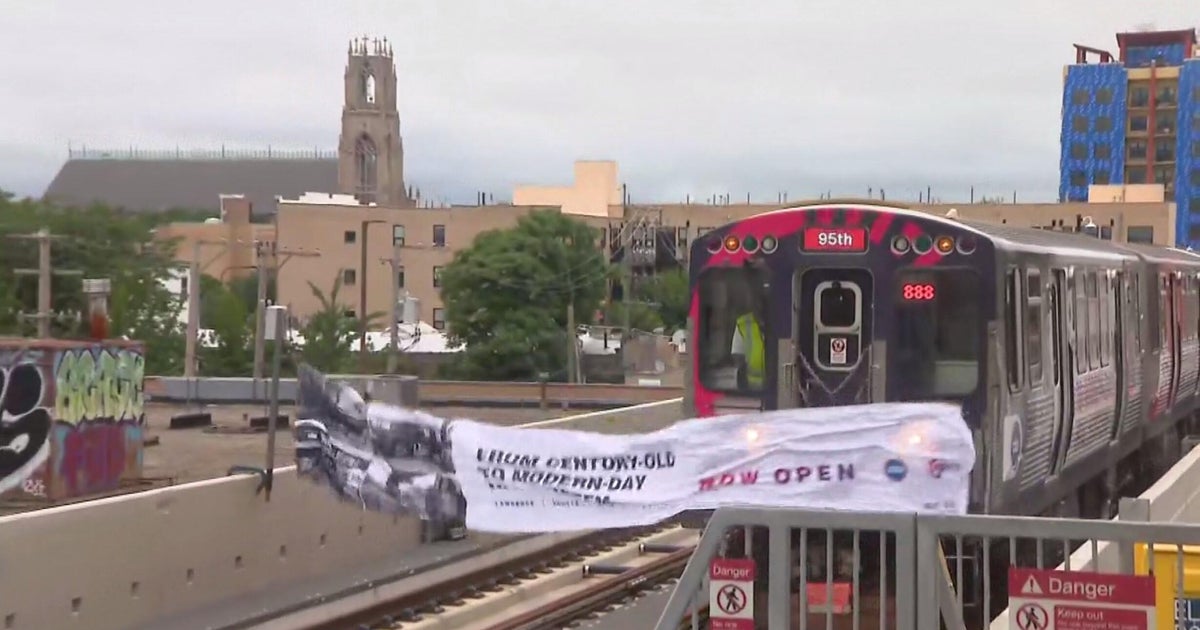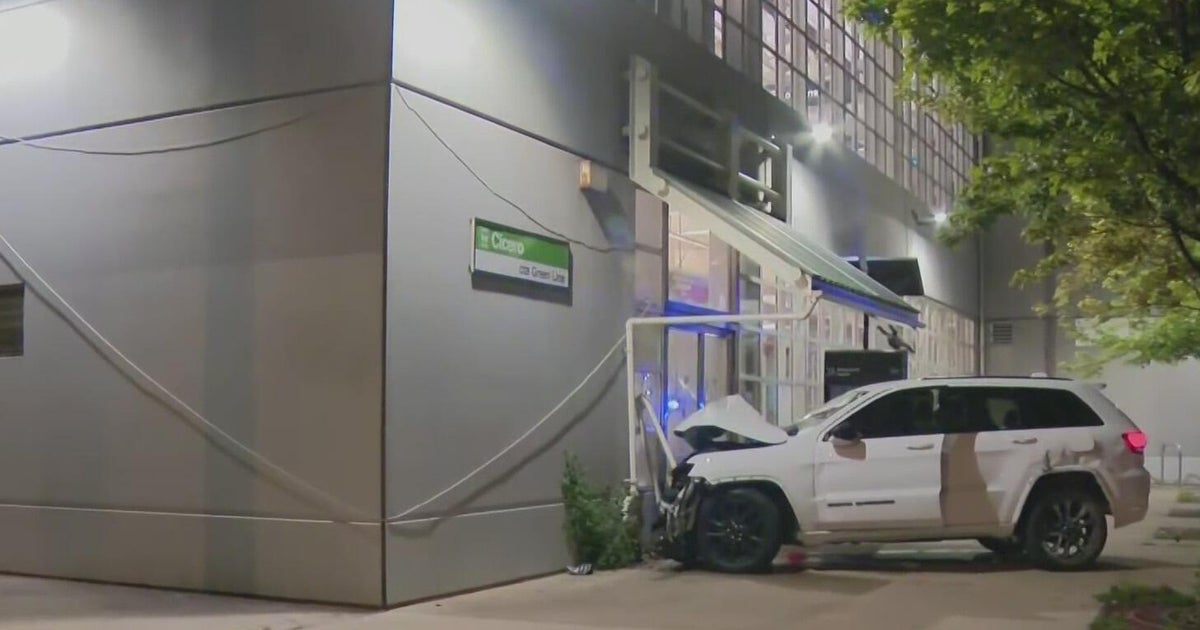Mayor Johnson signs executive order to curb smoking on CTA trains and buses
Chicago Mayor Brandon Johnson on Tuesday signed an executive order to elimiate smoking on the Chicago Transit Authority system.
Smoking is already banned on the CTA, and a group of Chicago alderpeople last month called for enforcement of the ban.
The trick is enforcement.
The mayor said Tuesday that officials have talked about everything from banning frequent violators of the CTA smoking ban to singling out more ways to enforce the rule effectively.
Last year, 6,400 tickets were issued for smoking on trains. Operators are busy, and most train cars do not have police officers or CTA staffers on board.
The mayor says ridership is way up year over year, and these large numbers of people should not be subjected to smokers.
"We finally get people to get back on our public transportation system, and then they can't have a pleasant ride because someone wants to smoke?" Mayor Johnson said. "It's unconscionable, it's unthinkable, and I have had enough of this."
Johnson said O'Hare having a record number of flyers means huge numbers of people are visiting, and people smoking on the CTA is a bad look for tourists. The mayor also said with kids going back to school in a couple weeks, the smoking is unhealthy and needs to stop.
The mayor said he is going to use the "whole of government approach" he has used to tackle crime to tackle the issue. On Tuesday, he signed an executive order directing the Chicago Police Department, the Chicago Department of Family and Support services, the Chicago Department of Public Health, and the mayor's office to work with the CTA to end smoking on public transit and improve public safety.
"Smoking on our public transit system has got to stop, and I am directing our city's agencies and the Mayor's Office to work together to put an end to this activity," Mayor Johnson said in a news release. "Our public transit system is for all Chicagoans. We have parents taking their young children to school in the morning and seniors with respiratory issues who are inhaling smoke. This executive order calls for the same full-force-of-government approach that has resulted in historic reductions in crime to tackle this critical issue."
The order directs city departments to partner with the CTA to "explore possible areas of collaboration," including deploying the Chicago Department of Public Health Crisis Assistance Response and Engagement teams and the Department of Family and Support Services Homeless Outreach and Prevention teams to curtail smoking on trains.
In the order, the mayor also calls for exploring whether a team could be assembled, possibly including community violence interrupters and mental health professionals, to engage with people found smoking on the CTA system and offer "on-site counseling, smoking cessation resources, and long-term treatment."
Johnson's announcement of the the order focused more on the health risks of smoking and the dangers of secondhand smoke than the nuisance issue of smoking specifically on 'L' trains and other CTA property.
Complaints have made headlines in recent years about people smoking cigarettes, marijuana, and other substances on the CTA. But while referring generically to "smoking," the focus of much of the release on the mayor's order was on the health risks of cigarettes.
CTA officials released some statistics about the issue in 2023, when it said more than 6,300 citations for smoking were issued. That same year, a CBS News Chicago investigation found more than 90% of those smoking fines went unpaid.
According to a recent survey from the Regional Transportation Authority, four out of five riders who use CTA, Metra, or Pace say they've experienced cigarette and marijuana smoking or drinking on Chicago buses and trains, on platforms, and in stations.
Noting the CTA is facing a major budget shortfall in 2026, some aldermen last month argued a concerted effort to decrease smoking on trains and buses could increase ridership, and boost revenue.




